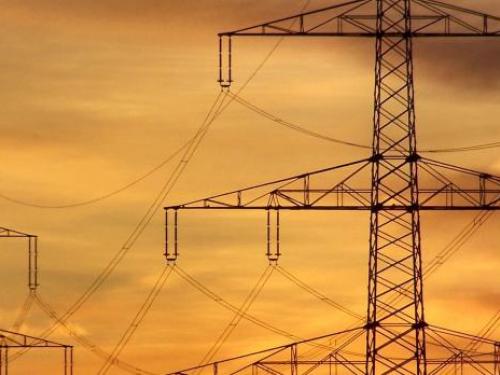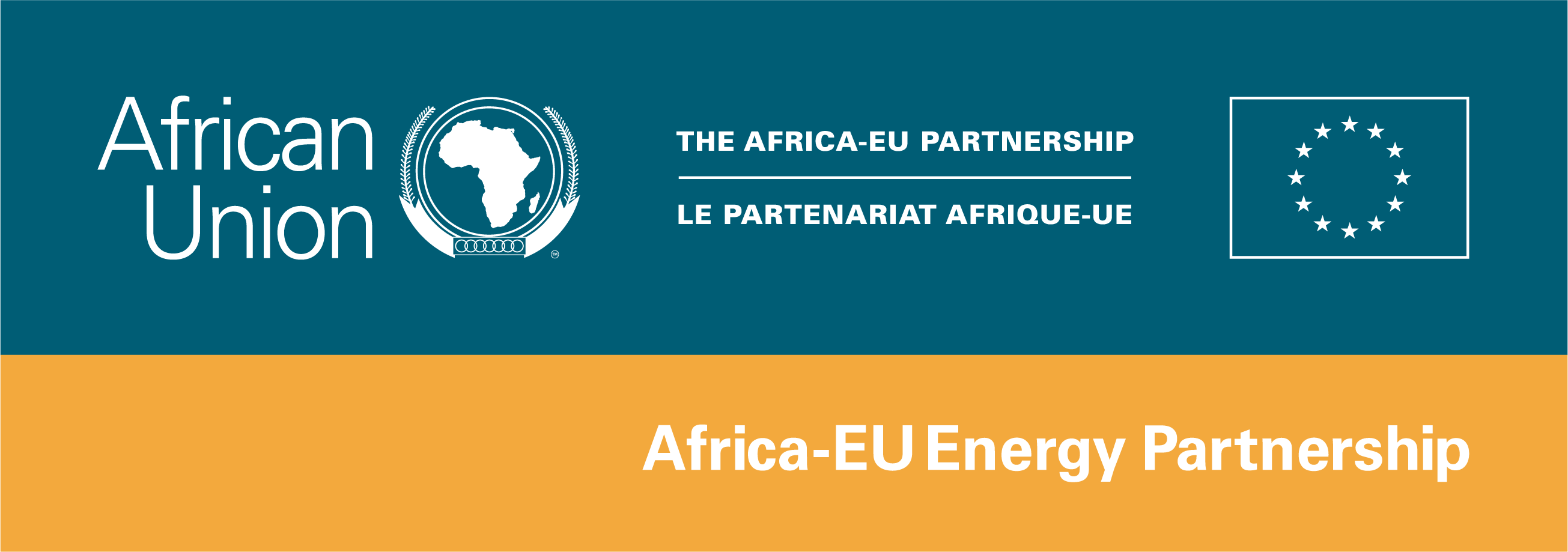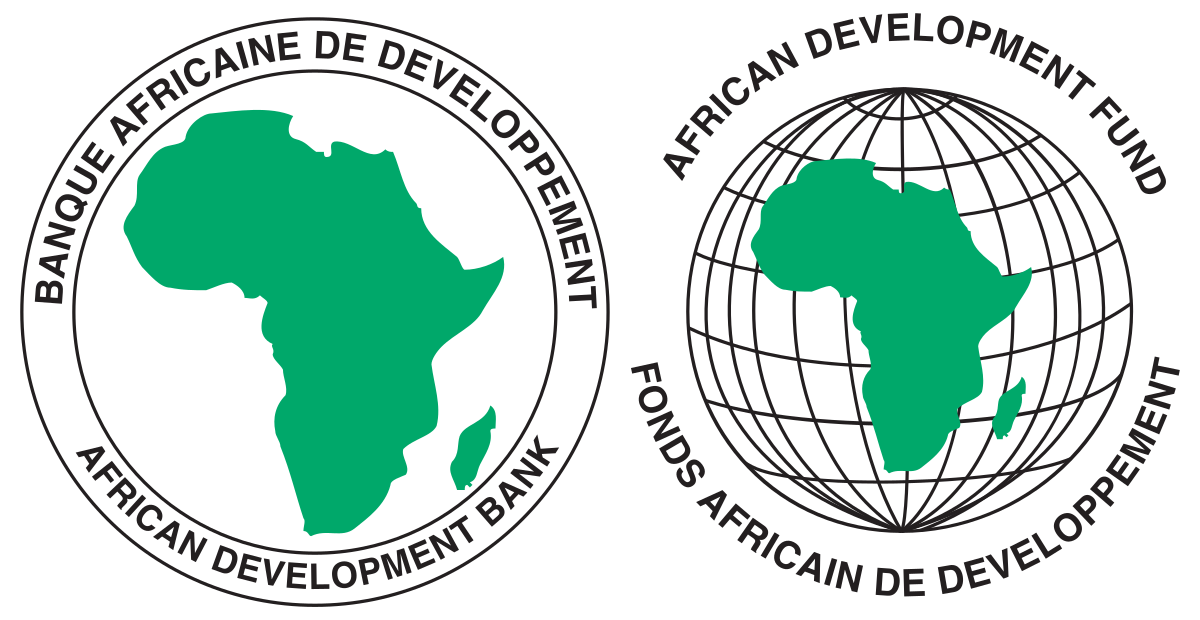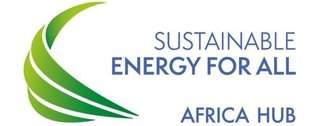
Description
Energy poverty is a global problem: access to energy services is crucial to meet basic household needs, deliver and access public services, and generate income. Less than 10 percent of Sub-Saharan (SSA) rural households have access to electricity, with an overall access rate below 25 percent. One of the main obstacles for SSA electrification practitioners is the difficulty in obtaining practical and timely knowledge on how to overcome economic, technical, institutional, and political barriers to electrification in their day-to-day work.
Considering that under the business-as-usual scenario only about 50 percent of the SSA population will have access to electricity by 2030, policy makers at national and international levels are setting more ambitious targets to achieve universal access. Electrification practitioners are the ones expected to make these achievements possible.
Launched in 2008, the Africa Electrification Initiative (AEI) seeks to create and sustain a living body of practical knowledge and a network of SSA practitioners for the design, development, and implementation of rural, peri-urban, and urban on-grid and off-grid electrification programs. The initiative emphasizes mitigating barriers and promoting solutions to SSA electrification access through the provision of proven, practical information in a user friendly format, through simple and sustainable communication channels.
In the last few years, AEI has assembled a growing network of African practitioners, including representatives from rural energy agencies and funds, government ministries, and regulatory agencies and from state, community, and privately owned utilities that collectively make up a network of electrification “thinkers” and “doers” across SSA. AEI supports this network by organizing workshops and promoting online discussions and knowledge exchanges on topics important for its members. AEI also conducts and facilitates research on topics relevant to practitioners, including how-to manuals/toolkits and models, and collects and produces operational documents. In the two years since AEI formed in Maputo, there has been substantial progress, and the concept of idea exchange has taken root among the continent’s leading electrification practitioners.
Main Objectives
Main Activities
Outcomes and Impact
Negotiations involved
Type of Intervention
Type of Technical Assistance
Annual Budget (in millions)
Currency Used
Patnering Entities
Countries Active
Energy Sectors and Subsectors
SDG Focus
Agenda 2063 Focus
Sources
http://www.euei-pdf.org/sites/default/files/field_publication_file/AEI_Dakar_Workshop_Proceedings_FINAL_Apr2012.pdf
http://www.euei-pdf.org/en/seads/thematic-research-and-knowledge-sharing/africa-electrification-initiative-aei-practitioners
https://www.esmap.org/node/29
Verification Documents
Contact Person or Organisation
Jenny Hasselsten | Coordinator Africa Electrification Initiative (AEI) jhasselsten@worldbank.org





